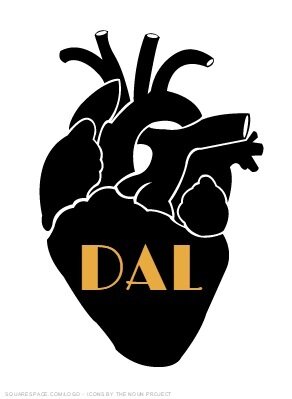The Curriculum
Core Training Period
The core training period consists of:
13 months in non-laboratory clinical practice activities (consultations, acute care, intermediate care, ambulatory care, pediatrics, cardiovascular surgery and transplant cardiology)
3 months in the cardiac catheterization laboratory
6 months in echocardiology
5 months in electrocardiography, stress testing, ambulatory monitoring, electrophysiology, cardiac pacing and nuclear cardiology
2 months of research
1 month of advanced cardiac imaging
6 months of elective time, the remainder as selective time
Distribution of rotations during the 3-year residency program.
Competency By Design
In July 2021, the Royal College of Physicians and Surgeons of Canada implemented Competency by Design (CBD) curricula for multiple programs, including Adult Cardiology Residency Training. Competency-based medical education is an outcomes-based approach to the design, implementation, assessment, and evaluation of a medical education program using an organized framework of competencies.
Assessment is based on assessing Entrustable Professional Activities (EPAs). An EPA is a key task of a discipline that an individual can be trusted to perform without direct supervision in a given health care context, once sufficient competence has been demonstrated. At Dalhousie University, our Cardiology residency program fully supports our residents within the CBD curriculum.
Weekly Teaching Schedule
In place of the more standard academic half day, we offer a minimum of five hours weekly of education specifically for core trainees, as well as the opportunity to participate in specialized rounds in interventional cardiology and electrophysiology.


